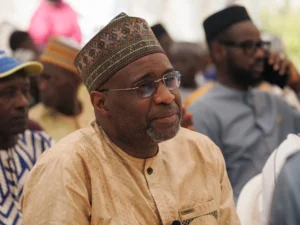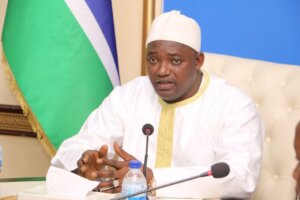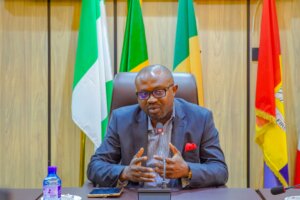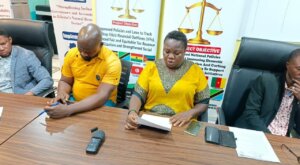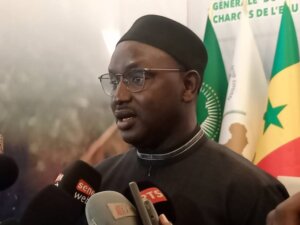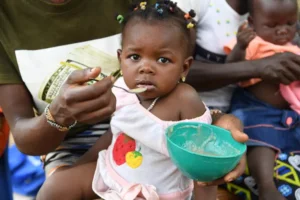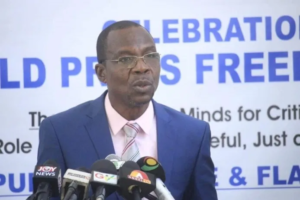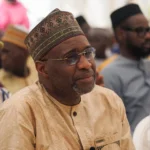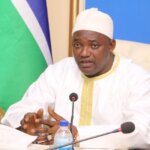By Usman Umar, Abuja.
At the Gender and Inclusion Summit 2025 in Abuja, Nigeria’s Foreign Minister, Ambassador Yusuf Maitama Tuggar, set the tone with a call for Africa to move decisively “from aid to investment,” using economic diplomacy to dismantle barriers that have kept women and youth on the margins of growth. His keynote was echoed by Mexico’s Ambassador to Nigeria, Alfredo Miranda, who described gender equality as a “universal human aspiration rooted in dignity, fairness, and opportunity.”
Together, their interventions underscored a shared conviction: that gender inclusion is not just a moral imperative, but also a powerful driver of economic transformation.
Africa’s potential, Nigeria’s dilemma
Tuggar highlighted the paradox of Africa’s economic trajectory: a continent with a combined GDP of $2.8 trillion and a population set to reach 2.5 billion by 2050, yet one where intra-African trade stands at just 18 percent compared to 59 percent in Asia and 69 percent in Europe. For women who make up 70 percent of Africa’s informal economy, exclusion from formal markets, credit, and decision-making means that growth often bypasses those who form the backbone of local economies.
In Nigeria, the gender gap is even starker. Women occupy just 4.2 percent of seats in the National Assembly, far below the African average of 27 percent. And while Nigerian banks have begun to elevate women into top leadership positions, Tuggar admitted that systemic barriers persist. Citing a Council on Foreign Relations report, he warned that Nigeria is leaving as much as $229 billion in GDP on the table by not fully enabling women to participate in the economy.
“Growth without inclusivity is fragile and prosperity without equity is unsustainable,” he told participants, urging governments, private sector leaders, and civil society to rally around a new Gender and Inclusion Framework for Economic Diplomacy (GIF-ED) being shaped at the summit.
Mexico’s lessons on reform
Ambassador Miranda brought an international perspective, stressing that Nigeria is not alone in facing entrenched inequities. “Mexico too has grappled with gender-based violence and exclusion,” he said, “but through constitutional parity, institutional reforms, and political will, we are seeing change.”
He pointed to Mexico’s election of its first female president and a legal framework that mandates gender balance in political representation. For Miranda, the lesson is clear: empowerment policies must be backed by enforceable reforms, not just commitments.
“Empowering women and excluded groups is not charity, it is smart economic strategy,” he argued, noting that closing gender gaps could inject trillions of dollars into the global economy. But he cautioned that Nigeria must adopt “tailored approaches” that reflect its complex traditions and plural legal systems while ensuring that no group is left behind.
Diplomacy beyond aid
Tuggar anchored his address in Nigeria’s new 4-D Diplomacy Agenda — Development, Demography, Diaspora, and Democracy which repositions foreign policy as a tool for domestic inclusion. He cited Nigeria’s hosting of the West Africa Economic Summit earlier this year as evidence of the country’s leadership in regional integration, with a focus on women’s access to finance, cross-border trade, and digital markets.
He also warned that initiatives like the African Continental Free Trade Area (AfCFTA) risk reinforcing exclusion if women and youth are not intentionally integrated into supply chains, credit systems, and investment flows. “Equity is not optional. Inclusion is not charity. They are the foundations of a prosperous, stable, and sustainable Africa,” Tuggar declared.
Converging visions
While coming from different vantage points, both Tuggar and Miranda converged on a common message: that building resilient economies requires dismantling gender disparities at home and abroad. For Tuggar, this means embedding inclusion into Nigeria’s diplomatic, financial, and trade strategies. For Miranda, it means recognising gender equality as a universal benchmark of democratic and economic maturity.
Their voices, amplified in Abuja, added global weight to a summit that is fast becoming Africa’s leading platform for charting new pathways to inclusive development.

